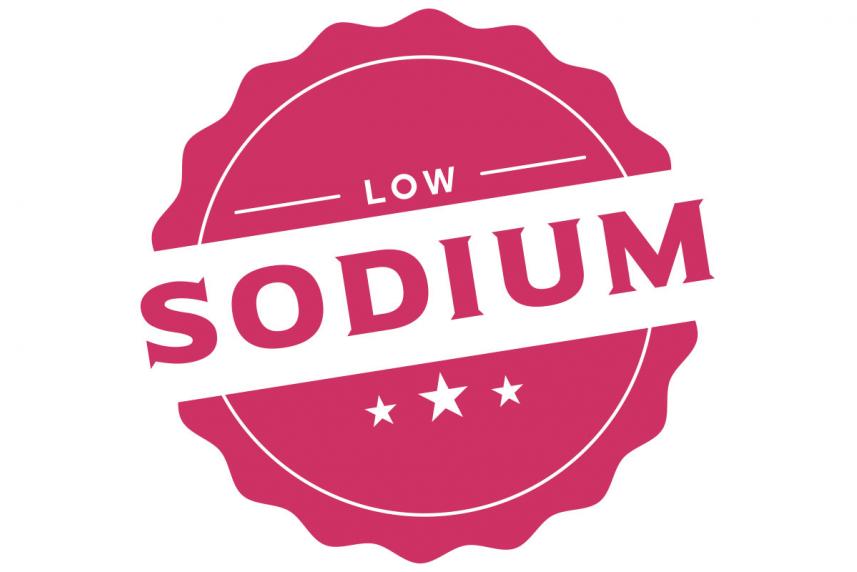How to reduce salt (and why it matters)
Your body needs a small amount of sodium to work properly. But most Americans consume much more than they need. Here’s how to cut back.

We get it. Salt makes food taste better. You may be concerned that without it, eating will never be the same. Matthew Kadey, R.D., gave us the lowdown about why reducing salt is important.
SODIUM VS. SALT
While sodium and table salt are often used interchangeably, they are two different things. The salt you add to your food is made up of 40% sodium and 60% chloride, so it’s not pure sodium. For reference, one teaspoon of salt contains 2,300 mg of sodium.
-
Your body needs some sodium. Though sodium gets a bad rap, we do need it in our diets for our bodies to function optimally. We require a small amount of sodium to conduct nerve impulses, contract and relax muscles, and maintain a proper balance of water in the body. But too much sodium will increase your blood pressure, which can lead to heart disease. We can reduce our risk of heart disease when we strike the right balance of how much sodium we consume.
-
Most sodium you eat doesn’t come from a saltshaker. While small amounts of sodium occur naturally in vegetables and other foods, food manufacturers add sodium to many products. In fact, most of the sodium we get comes from commercially prepared foods, not from the salt added to cooking at home or the saltshaker on the table. This is because sodium not only adds flavor, but it’s also a preservative. Bacteria can’t thrive in the presence of a high amount of sodium.
Some foods with only moderate amounts of sodium, such as bread, can ultimately be a significant source of sodium in our diets because we often eat a lot of them.
-
Too much sodium can affect your whole body. Here’s why it’s important to watch your sodium intake: As sodium rises, the body holds on to water to dilute it. The extra blood volume creates more work for your kidneys and heart.
Over time, this may raise blood pressure and lead to cardiovascular diseases, including heart attacks and strokes. There is also some evidence that excess sodium intake can increase the risk of certain cancers, especially stomach cancer. High sodium levels can also increase calcium losses. To compensate for this, your body may pull some calcium from your bones, weakening them as a result.



